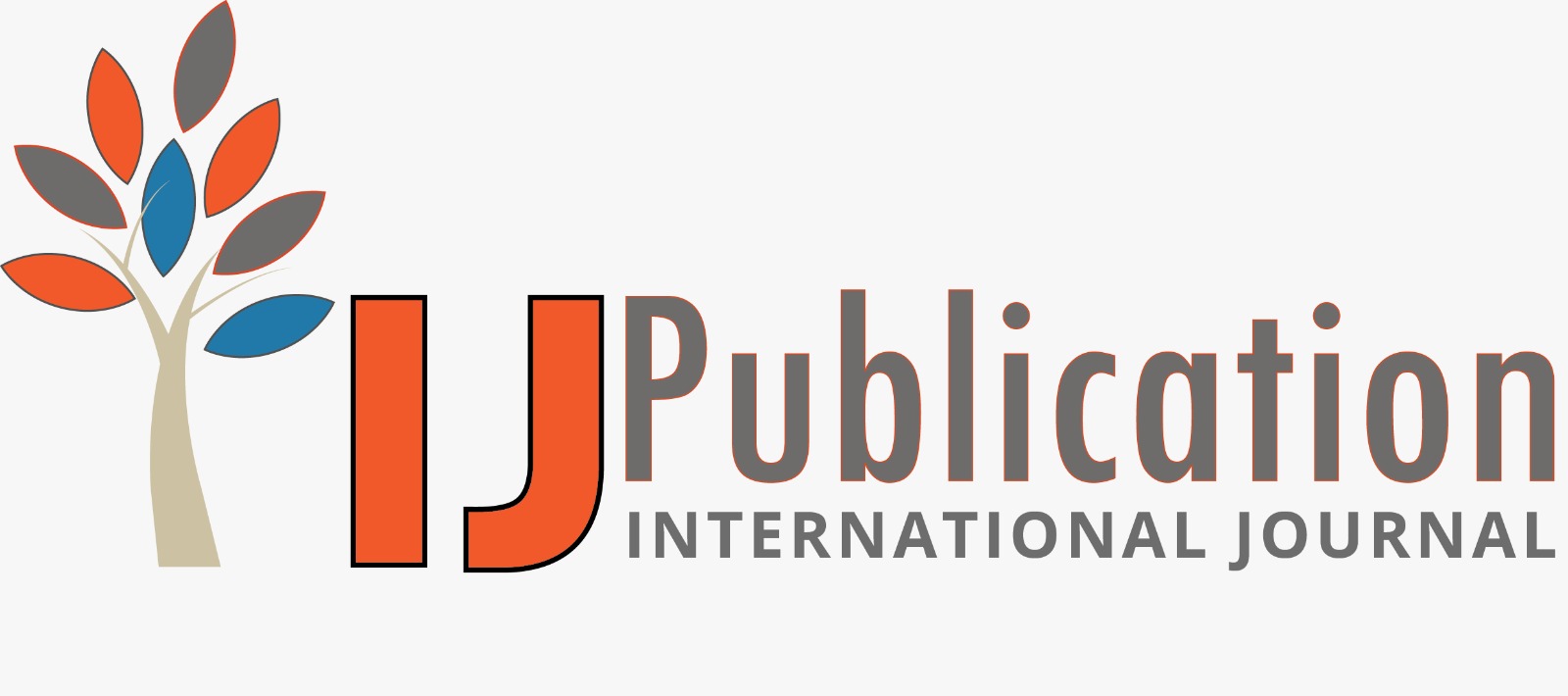PRONOY CHOPRA Reviewer
05 Nov 2025 04:53 PM
 Approved
Approved
Relevance and Originality
The paper provides a thoughtful and contemporary examination of how artificial intelligence can reshape special education to meet the needs of diverse learners. Its relevance is evident in addressing long-standing challenges such as personalized instruction, accessibility, and student engagement. The originality lies in linking adaptive algorithms and assistive tools within an inclusive educational framework that blends innovation with pedagogy. By connecting technological progress with equity in learning outcomes, the study contributes valuable insights to the broader conversation on inclusive education artificialintelligence adaptivelearning educationtechnology accessibility inclusion learninginnovation.
Methodology
The article employs a systematic and comparative review of AI applications across various educational settings, highlighting both their functional mechanisms and practical benefits. The focus on adaptive content delivery, real-time feedback, and cognitive assessment shows methodological depth. While the study effectively summarizes existing implementations, incorporating empirical data from controlled experiments or pilot programs could enhance the analytical precision. Nonetheless, the approach provides a clear and logical understanding of how AI enhances student performance and engagement researchmethod comparativeanalysis feedbacksystems datadrivenlearning AIintegration.
Validity & Reliability
The findings appear credible and align with current advancements in AI-driven education systems. The paper presents strong validity through consistent evidence of academic improvements in multiple subjects. Reliability is reinforced by the discussion of implementation studies across varied learning contexts, showing consistent positive trends. Still, including metrics related to long-term retention or behavioral change would further validate the claims. The analysis demonstrates a balanced treatment of benefits and constraints, adding to its scientific reliability validation consistency credibility empiricalanalysis reproducibility.
Clarity and Structure
The paper is clearly structured, with a smooth transition from theoretical discussion to implementation evidence and ethical implications. The writing is engaging and maintains technical accuracy without overwhelming the reader. The logical organization allows readers to easily follow the argument, from AI mechanisms to educational outcomes. Adding summary tables or graphical elements could make the presentation more visually accessible clarity readability logicalflow organization coherence.
Result Analysis
The results are presented convincingly, illustrating how AI promotes personalized learning, accessibility, and measurable academic progress, while responsibly addressing privacy and ethical considerations vital for sustainable integration in special education.








PRONOY CHOPRA Reviewer